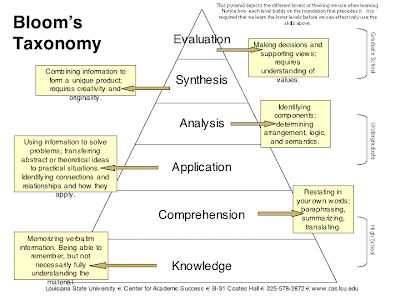Assalamualaikum readers!
Today our group make a role play in the class. Dr Lihanna had assign each group to role play in class with different scenario written in small paper. Our group got :
Form 2
Fighting and name calling
These are our detail from the role play.
Actor and actress;
Aizat : a soft guy
Asyran, Hannan & Zana : bullies
Shazreen : soft guy's friend
Hafizah : teacher
Situation:
During class time. There is no teacher in the class.
Zana shows to Hannan and Asyran some photo of Aizat she found in the Net. They were gossiping about Aizat (the soft guys) in which he wearing girls stuff.
*for display only*
They call Aizat 'Sutun', awww, and tease him a lot until Reen (as Aizat's backup aka Bonzer) come and they had fighting with them. The class become chaos and suddenly teacher came. Teacher stopped the fighting students and asked them what happened. Later on, teacher give advises to each of them and promised this will not happened again.
in order to explain what teacher should do, they must follow these steps:
in order to explain what teacher should do, they must follow these steps:
- emphasize the harm done to others.
in the role play, the teacher emphasize the consequences of name calling. In the Islamic view, name is a du'a. thus, when we call someone with any bad name, it is as if we are praying for them to be bad. for example, aizat is called as "sutun". he might be a real softy if he was called as "sutun" lots of time.
other than that, name calling may leave the feeling of grudge. it may be prolonged until the end of life. who knows one's heart.
lastly, it may affect one's self-esteem. Calling with bad name can hurt someone's pride and make him or her feel less than anyone.
- encourage perspective -taking
- restate the rule
- command
the teacher should give a clear command of what student should and should'n do. teachers should provide a punishment if the matter happen again. for example, the teacher warns the student if the things happen again they might get punishment.
The end.
xxxxxxxxxxxxxxxxxxxxxxxxxxxxxxxxxxxxxxxxxxxxx
Actually our role play not going smoothly as planned but its ok. We done our best to be part of the learning process in class :D
















